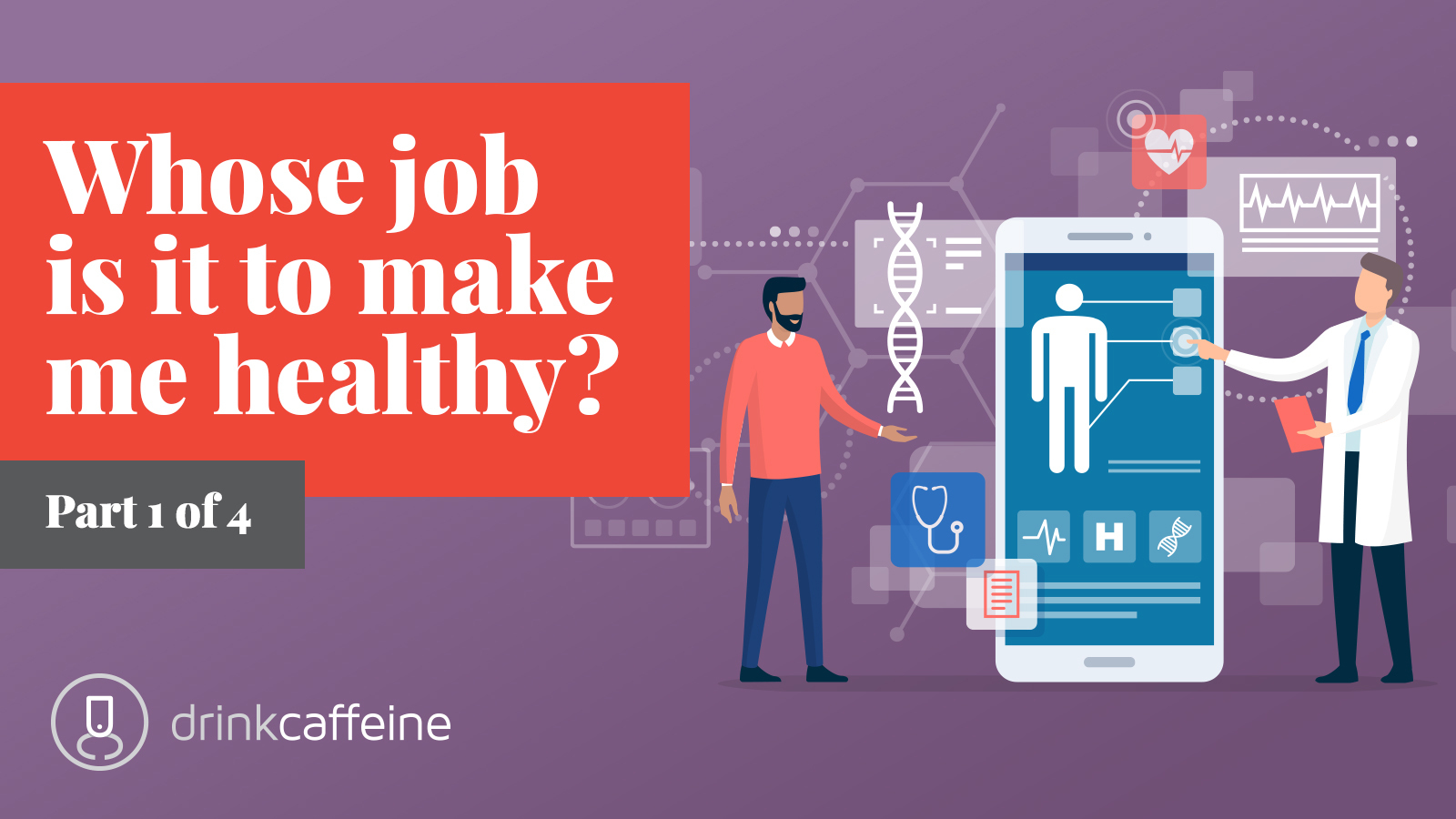Insight 1: Consumers are ready to self-educate on health problems.
A drinkcaffeine study of 300+ consumer healthcare decision-makers reveals what people are prepared to believe about healthcare, and how healthcare decision-makers can unlock market potential as they pursue the goal of population health. Access the full study.
89% of consumer healthcare decision makers agree that it’s their responsibility to learn about their health issues.
The statement we tested: “If I have a health problem, it’s my responsibility to learn about it.”
31.1% Strongly Agree
57.9% Agree
7.9% Disagree
2.6% Strongly Disagree
1.3% “Don’t Know”
Action: Providers should provide a healthcare education
With more than one-third of consumer perceptions about the commitment level of CHC providers hanging in the while the internet remains a ready tool for researching health issues, consumers still trust their local healthcare providers more than Dr. Google, and if consumers are willing to self-educate, healthcare delivery needs to deliver information in addition to actual care.
3 suggestions:
Audio education. Audio-only messages between patients and providers can facilitate better overall human understanding. It can also be a powerful way to educate patients with medical instructions and advice on clinical resources to review. Delivered as a sound file, patients can store the message for additional listening.
Optimize EMR functionality. The best EMR systems are usually thought of as engines to drive clinical logistics and informatics, but many offer functional solutions that can fit the goal of patient education. Initial research is studying best practices.
Telehealth. “Store & Forward” functions within telehealth enable transmission of information including digital images, documents, and videos, all through secure email communication. COVID has catalyzed reliance on telehealth and shown its potential as an educational platform.
Contact us when you’re ready to use healthcare communications to solve problems.


